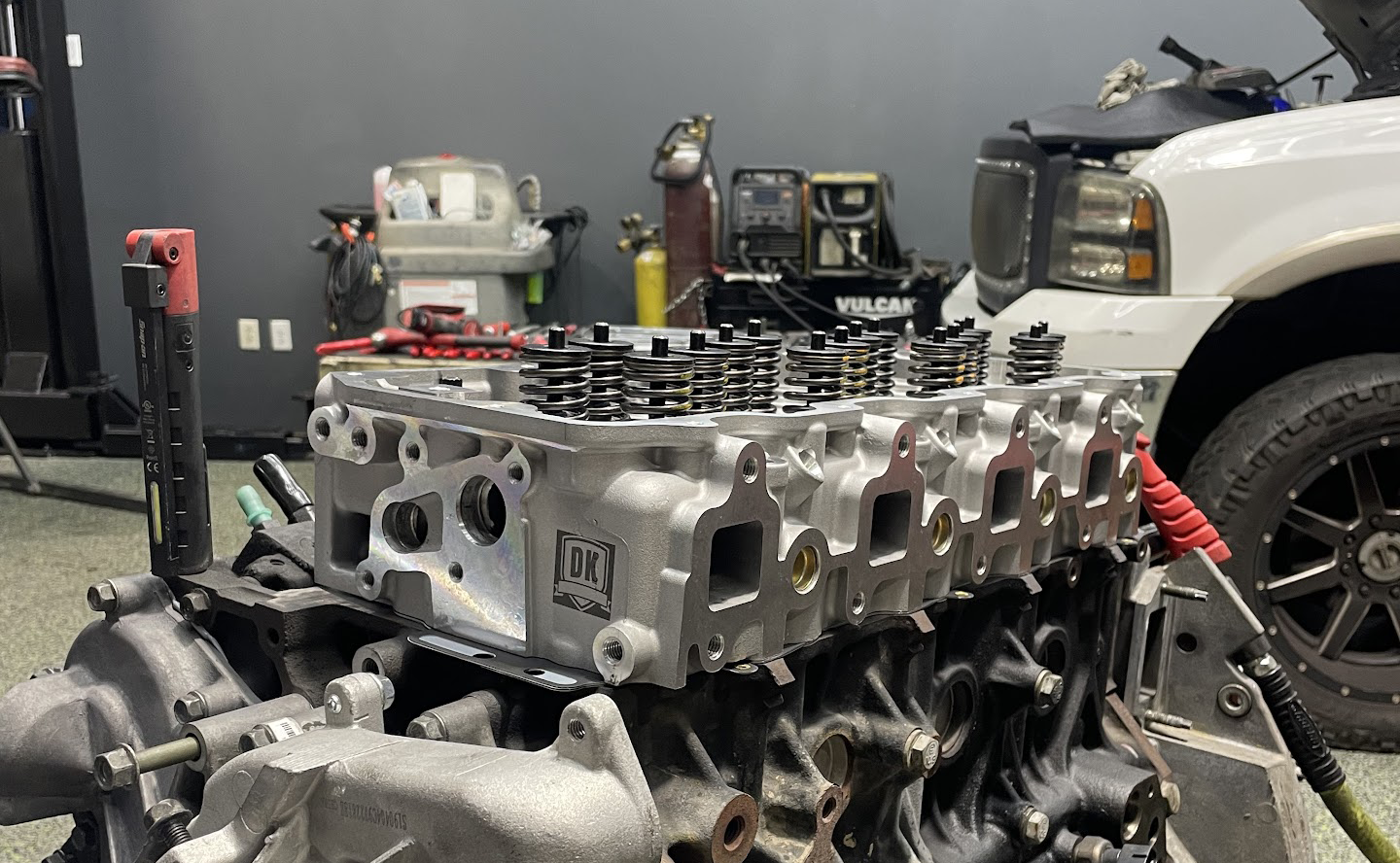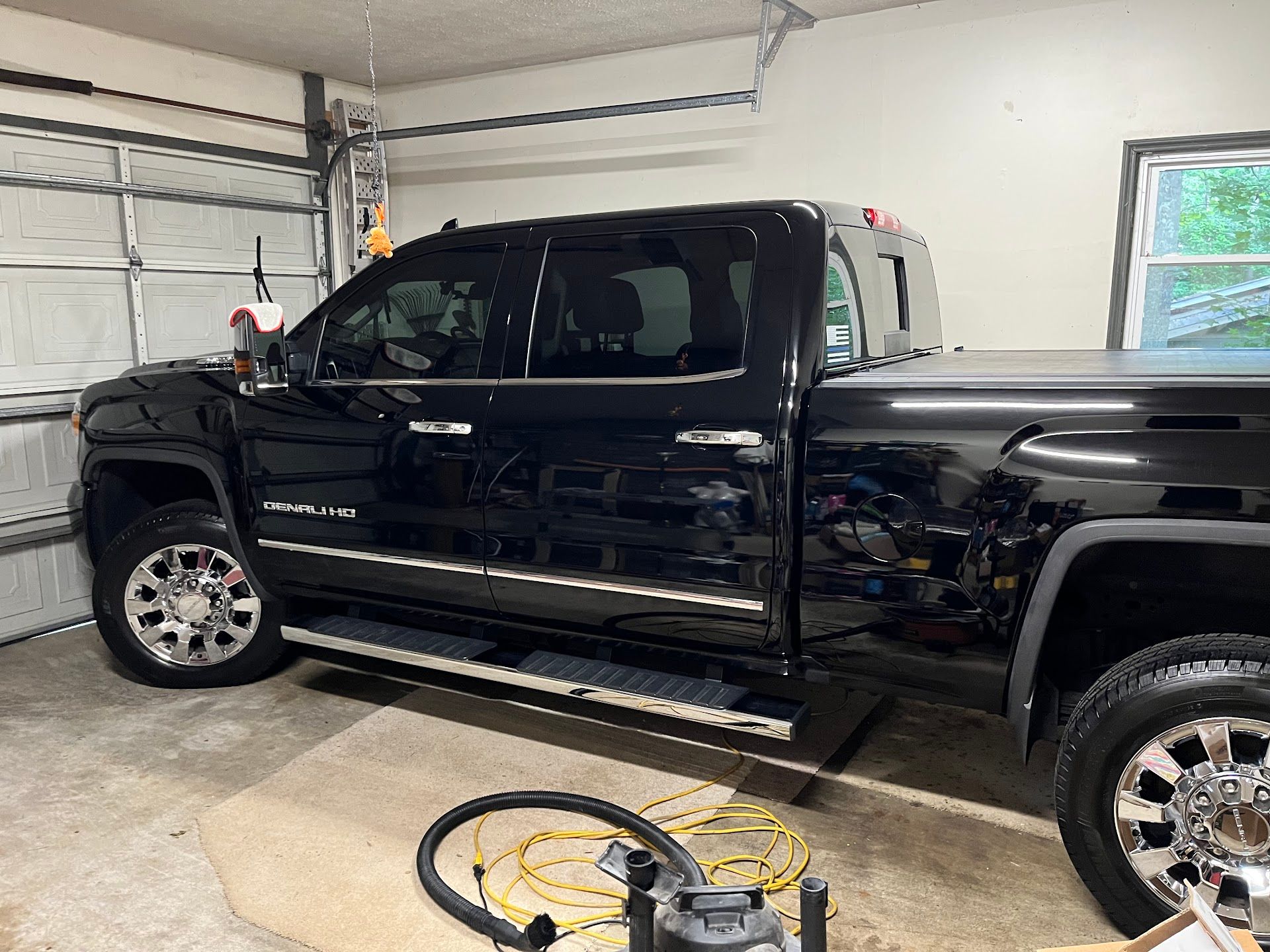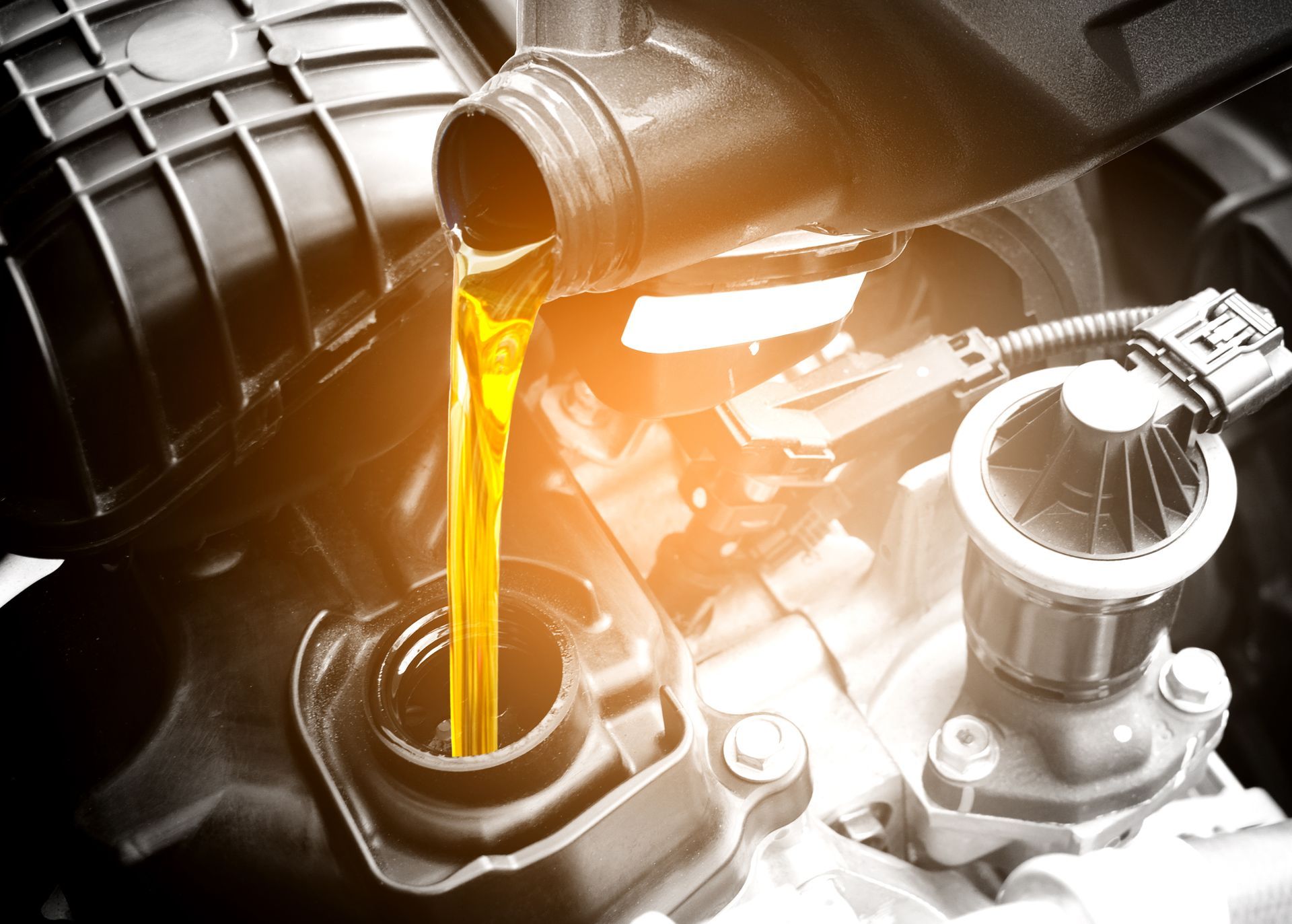Our Blog
Discover expert glow plug service at Diesel David Inc in Woodstock, GA. Enhance your diesel vehicle’s performance. Visit us today!
Enhance your vehicle's performance with expert glow plug service at Diesel David Inc in Woodstock, GA. Call us today to ensure your diesel engine runs smoothly!









